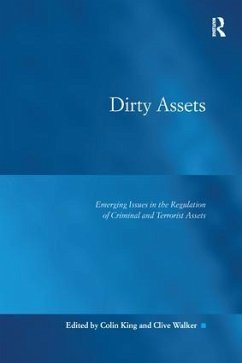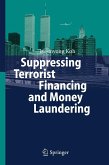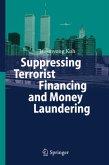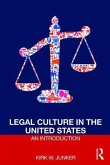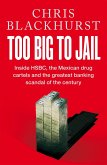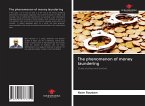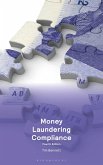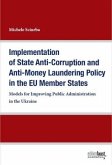Adopting a multi-disciplinary and comparative approach, this book focuses on the emerging and innovative aspects of attempts to target the accumulated assets of those engaged in criminal and terrorist activity, organized crime and corruption. It examines the 'follow-the-money' approach and explores the nature of criminal, civil and regulatory responses used to attack the financial assets of those engaged in financial crime in order to deter and disrupt future criminal activity as well as terrorism networks. With contributions from leading international academics and practitioners in the fields of law, economics, financial management, criminology, sociology and political science, the book explores law and practice in countries with significant problems and experiences, revealing new insights into these dilemmas. It also discusses the impact of the 'follow-the-money' approach on human rights while also assessing effectiveness. The book will appeal to academics and researchers offinancial crime, organized crime and terrorism as well as practitioners in the police, prosecution, financial and taxation agencies, policy-makers and lawyers.
Hinweis: Dieser Artikel kann nur an eine deutsche Lieferadresse ausgeliefert werden.
Hinweis: Dieser Artikel kann nur an eine deutsche Lieferadresse ausgeliefert werden.
'Dirty Assets is a remarkable collection of scientific contributions, which follow the common thread of examining how criminal activities might be countered by putting a stop to illicit financial flows... In conclusion, the volume, which appears written with a clear view of its impact on future directions and developments in the area of criminal assets confiscation and recovery, achieves the goal of offering a brilliant overview of the most relevant measures implemented at both domestic and supranational level in order to interrupt the illicit financial flows that feed criminal and terrorist organisations, enabling them to carry out their criminal activities.'
Costantino Grasso, University of East London, UK, Australian & New Zealand Journal of Criminology
Costantino Grasso, University of East London, UK, Australian & New Zealand Journal of Criminology

